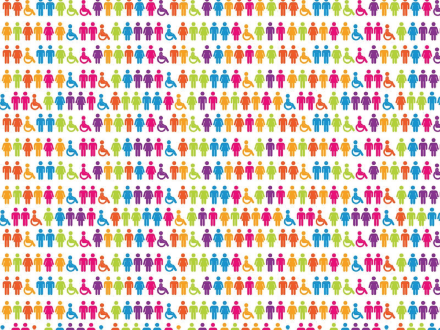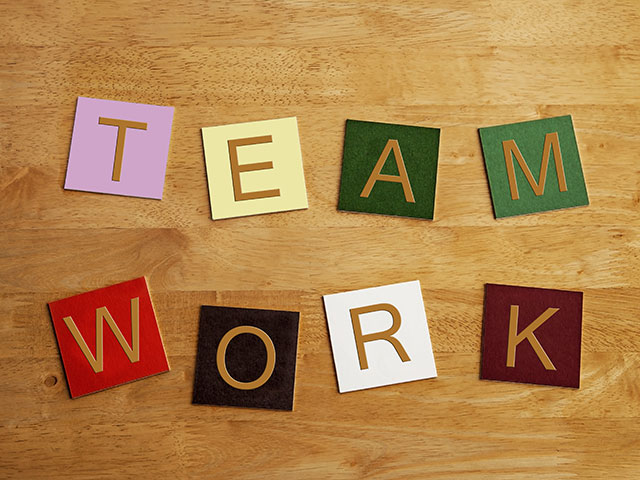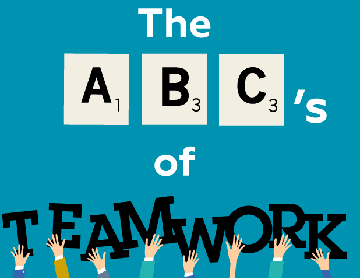When Did You Last Take Time Out to Balance Your ‘Work Life’ Scales?
What happens when work and family commitments collide? What gives? What prevails?
Over recent years, an increasing number of high profile public figures (including CEOs, MPs, sporting figures, celebrities and others) have elected to disengage from their daily activities to seek better balance or fulfil other commitments that have taken on greater significance in their lives – commitments often involving family, partners, children and friends.
The importance of balance in one’s life cannot be overstated. The adage, ‘all work and no play makes John a dull boy (or Jenny a dull girl)’ remains as relevant today as ever. But the notion of work-life balance is deeper than this simple saying suggests.
Balance provides the opportunity for individuals to analyse and review the extent to which they are a total person, a rounded individual, productive AND content.
An understanding organisation, an empathetic boss, a supportive co-worker – all are increasingly demonstrating that our workplace has changed forever in response to a very different view of work and what it means in our lives.
Stephen Covey, author of First Things First, offers these suggestions for balancing your life and work:
- Spend less time on unimportant activities, no matter how urgent they may seem
- Don’t be a deadline addict – someone who procrastinates until the last moment, but seems to thrive on the adrenaline rush they get when racing to the finish line. In this process they neglect important life roles.
- Work effectively and plan to meet deadlines by doing the work at the proper time.
- Consider what people will say about you on your 86th birthday. Then, decide what you want them to say.
- Find ways to make the favourable description of your life come true.
LMA courses explore the importance of work in the context of other aspects of our lives through the ‘Total Person Concept’ – a visual expression of the multi-dimensional but highly integrated elements of our lives. Through a guided activity, participants are able to prioritise what’s important to them, identify where they are spending insufficient time or focus in one or more of the important aspects of their lives and set new goals to correct the imbalance.
Ultimately though, individuals must take charge of their own lives. It’s their choice whether or not to make work-life balance a priority for themselves.
Look out for the signs of a lack of balance in yourself, and your people, and be prepared to flex and provide support to meet the needs of those who are seeking greater balance in their lives.





